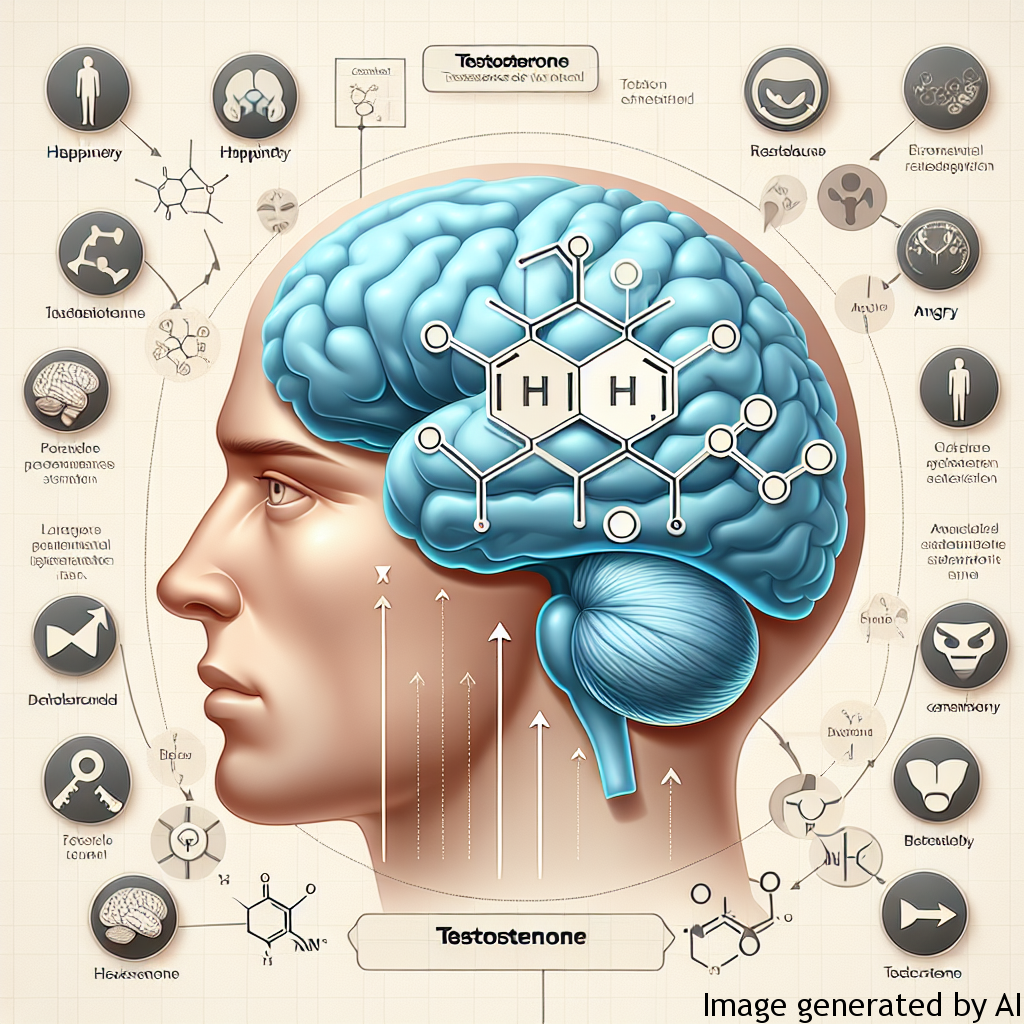Introduction
Testosterone, a hormone predominantly produced in males, has far-reaching implications regarding various facets of human health. Extensive medical research indicates that testosterone plays a significant role in regulating mood and mental health. From mitigating symptoms of depression to enhancing the overall sense of well-being, this powerful hormone can shape men’s mental landscape. This piece will delve into the sphere of testosterone, its influence on mood regulation, and how the societal construct of gender roles ties into men’s psychological health.
Describing Gender Expectations and Their Impact on Men’s Psychological Health
Societal Pressure and Gender Expectations
The societal connotations attached to masculinity often come associated with the expectation for men to be emotionally resilient. Phrases such as “man up” or “boys don’t cry” subtly coerce men into conforming to this stereotype of stoicism. Over time, this internalized belief can cause significant psychological harm, fostering feelings of isolation during periods of emotional turmoil.
Testosterone and Emotional Management
Testosterone has been linked to aggression and impulsivity, but more recent studies suggest its profound influence on emotional regulation. Elevated testosterone levels can inhibit the activation of the amygdala, a brain region pivotal in processing emotions, leading to decreased emotional responsiveness. Although this may inadvertently promote the societal stereotype of emotional resilience in men, it also opens up the potential for suppressed emotional expression, which is an essential aspect of psychological health.
Examples of How Gender Roles Can Affect Men’s Life
The expectation of emotional stoicism can have real-world implications on men’s lives. One immediate impact is seen in the professional environment, where many men choose to suppress their emotions to maintain their “macho” image. This suppression often leads to stress and burnout. In personal relationships, these expectations can create distance as men might struggle to express their emotions, leading to misunderstandings and conflicts. The harmful impact these gender constructs have may manifest in forms like depression, anxiety, and other psychological disorders over time.
Advice to Improve Psychological Health Considering Gender Roles
Following are a few suggestions to improve men’s psychological well-being while keeping gender roles in perspective:
- Encourage Emotional Expression: Normalize emotional expression among men. This involves both self-encouragement and societal effort.
- Seek Professional Help: Do not hesitate to seek professional medical or psychological help when feelings of distress persist.
- Maintain Balanced Testosterone Levels: Regular exercise, a balanced diet, and adequate sleep promote healthy testosterone levels, which can positively impact mood regulation.
- Redefine Masculinity: Challenging the traditional notions of masculinity and redefining it in a more comprehensive light can pave the way to healthier gender expectations and identity.
Conclusion
Testosterone does play an influential role in mood regulation, but its impact should be interpreted within the broad scenario involving gender expectations and their psychological implications. Healthcare professionals and society at large must understand and empathize with the unique challenges men face concerning emotional expression and mental health. They should work together to create a more accepting and supportive environment for men to express their emotions freely, which aligns with maintaining optimal testosterone levels and, subsequently, better psychological health.

